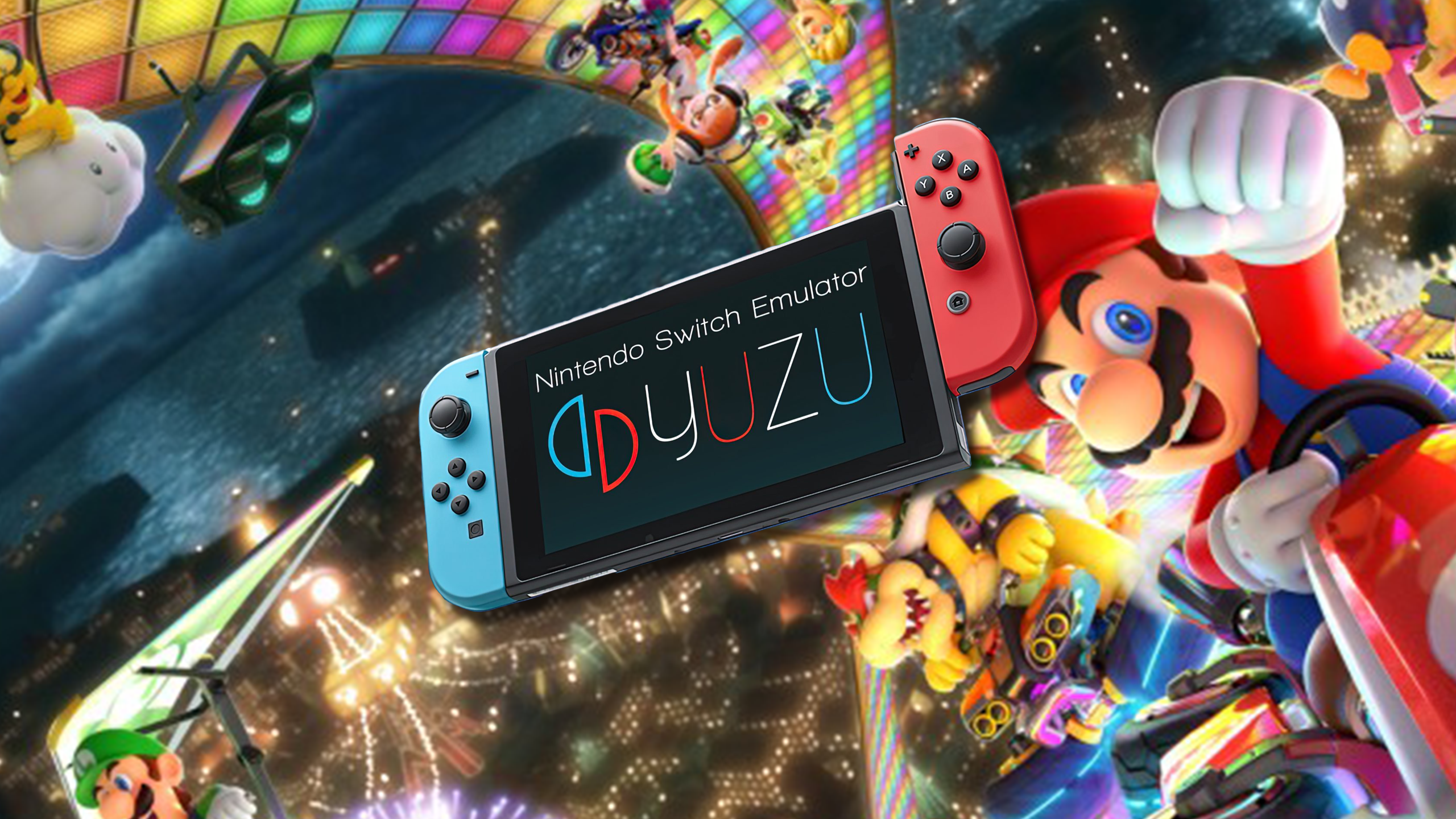Nintendo, a gaming industry giant, has intensified its ongoing battle against piracy by launching a legal offensive against the developers of the popular Yuzu emulator. Known for allowing users to play Nintendo Switch games on various platforms, including the Steam Deck, Yuzu has attracted the attention of Nintendo’s legal team. In a recent lawsuit filed in US federal court, Nintendo accuses the developers of violating the Digital Millennium Copyright Act (DMCA), claiming that Yuzu circumvents Switch encryption measures and facilitates widespread piracy.
This latest lawsuit represents Nintendo’s commitment to protecting its intellectual property, particularly as the gaming industry grapples with the challenges posed by emulation software. Nintendo’s aggressive legal actions underscore its dedication to shutting down platforms and tools that enable unauthorized access to its games.
The Legal Battle at the Core of Nintendo’s Strategy
At the heart of Nintendo’s legal challenge is the assertion that Yuzu’s primary function is to provide users with unauthorized access to copyrighted Nintendo games. Unlike other emulator cases where proprietary keys have been the primary legal focus, Nintendo’s allegations against Yuzu delve deeper into its role in distributing copyrighted game files and encryption keys. The lawsuit claims that the developers of Yuzu have allegedly extracted game files themselves to test the emulator, exacerbating issues of copyright infringement.
Nintendo has long been a fierce opponent of piracy, and this case is no different. By filing a lawsuit against Yuzu’s creators, the company hopes to set a precedent for other developers working on similar projects. If successful, the lawsuit could force the Yuzu team to permanently shut down their emulator, seize its domain names, and forfeit its associated assets, including social media accounts. Nintendo is also seeking significant financial damages, reflecting the company’s determination to combat piracy at all levels.
Emulation: A Complex Legal Landscape
The legal landscape surrounding emulators has historically been a gray area, with some emulators being considered legal if they are developed without the use of proprietary code or keys. Properly engineered emulators that don’t include copyrighted material have occasionally been deemed permissible under US law. However, Nintendo’s lawsuit against Yuzu raises important questions about the future of gaming emulation, particularly when an emulator is alleged to be a gateway for widespread piracy.
Nintendo’s stance on emulation has always been clear—any technology that enables unauthorized access to its games is a direct threat to its business model and intellectual property rights. In the case of Yuzu, the company argues that the emulator’s primary function is to promote piracy by allowing users to bypass Nintendo Switch encryption. This claim positions Yuzu as more than just an emulation tool; according to Nintendo, it is an enabler of illegal activity that undermines the gaming industry.
Game Preservation vs. Copyright Enforcement
One of the key debates surrounding emulators like Yuzu is the role they play in game preservation. Many enthusiasts and preservationists argue that emulators provide a way to keep older games accessible long after their original hardware becomes obsolete. For these communities, emulation is a tool for preserving gaming history, allowing players to experience classic titles that might otherwise be lost to time.
However, Nintendo and other copyright holders view the situation differently. From their perspective, emulators threaten their ability to control and monetize their intellectual property. In the case of Yuzu, Nintendo alleges that the emulator directly infringes on its copyrights by allowing users to play Switch games without purchasing legitimate copies. For companies like Nintendo, the ability to sell digital versions of older games on platforms like the Switch’s eShop is crucial to their ongoing business strategies.
The lawsuit against Yuzu puts this tension at the forefront of the legal battle. While game preservationists argue that emulation is a necessary tool for keeping video game history alive, Nintendo contends that the unauthorized distribution of its games is nothing more than piracy.
Nintendo’s Broader Legal Strategy
This isn’t the first time Nintendo has taken legal action against emulation platforms. The company has a long history of targeting websites and developers that offer or promote tools enabling users to play Nintendo games without paying for them. In previous cases, Nintendo has successfully shut down ROM-hosting websites, seized domain names, and secured substantial financial settlements from emulator creators and distributors.
Nintendo’s legal strategy has always been about sending a message—emulation that enables piracy will not be tolerated. The lawsuit against Yuzu is no different, as the company seeks to set a legal precedent that would make it harder for future emulator developers to operate.
If Nintendo wins this case, the implications could be far-reaching. Not only would Yuzu be forced to cease operations, but other emulation projects might also face increased legal scrutiny. Nintendo’s aggressive pursuit of emulators reflects a broader concern within the gaming industry about the impact of piracy on revenue and intellectual property protection.
The Future of Yuzu and Gaming Emulation
As of now, the developers of Yuzu have not publicly responded to the lawsuit. However, given Nintendo’s legal history, the road ahead for Yuzu looks fraught with challenges. Legal experts suggest that even if the developers can defend the legality of their software, the financial burden of fighting a lawsuit against a company as powerful as Nintendo could prove insurmountable.
The outcome of this lawsuit will likely have a profound impact on the future of gaming emulation. If Nintendo succeeds in shutting down Yuzu, it could deter other developers from working on similar projects, fearing legal repercussions. On the other hand, if Yuzu’s developers manage to defend their emulator, it could set a precedent for the legality of emulators, at least under certain conditions.
Conclusion: The High Stakes of Nintendo’s Legal Battle
The legal battle between Nintendo and the developers of Yuzu represents more than just a fight over one emulator—it’s a fight over the future of gaming emulation as a whole. Nintendo’s lawsuit sends a clear signal that the company will go to great lengths to protect its intellectual property, even if it means taking on the emulation community.
As the case unfolds, it will be interesting to see how the legal arguments play out and what impact the outcome will have on the gaming industry. For now, Yuzu’s fate hangs in the balance, with significant legal hurdles ahead. The outcome of this case could influence not only the future of Yuzu but also the broader conversation about the legality of emulation and its role in game preservation.
For the latest legal news and updates on gaming emulation, check out the best camera smartphones to capture your gaming moments. For in-depth analysis of Nintendo’s legal strategies and the future of emulation, visit JW7’s platform for all the details.


